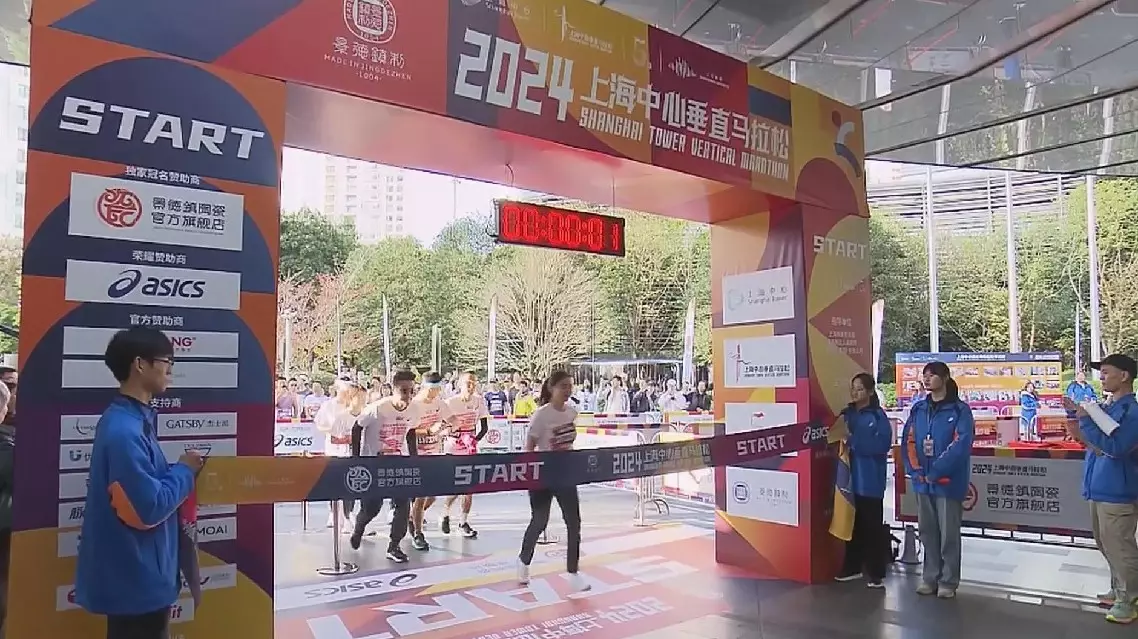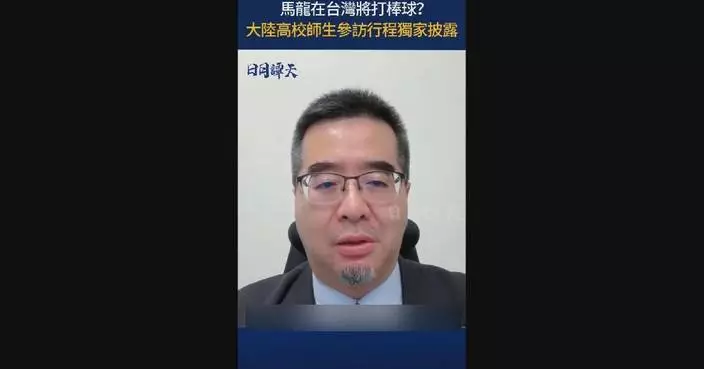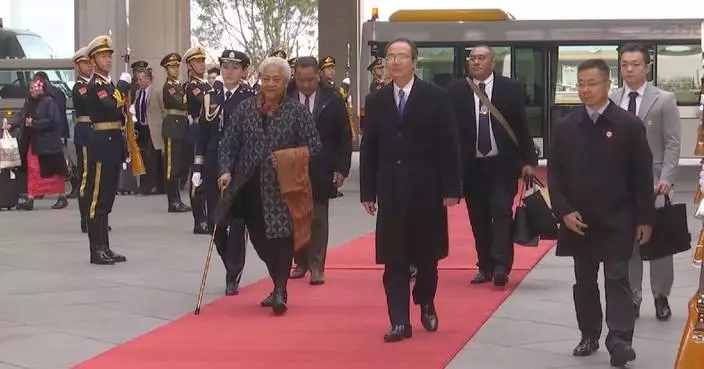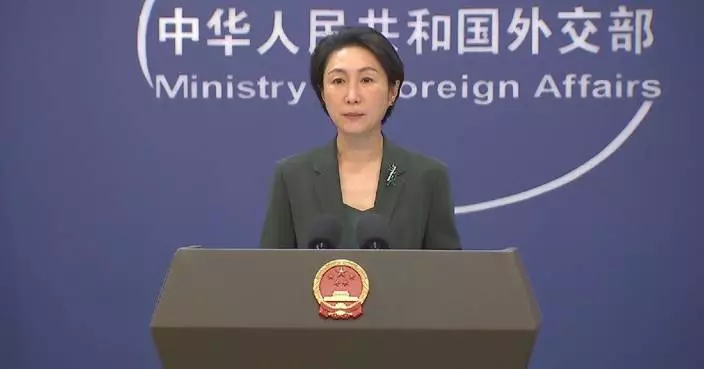Local authorities across China have introduced supportive policies for second-hand car export enterprises in recent years to significantly enhance operational efficiency and drive an increase in export scale, thereby promoting the healthy and steady development of the second-hand car export industry.
Shanghai has recently released several measures to promote the export of second-hand cars in the city, including establishing a quota for special export license plates for second-hand cars, advancing the domestic trading system for second-hand cars, and boosting the scale of second-hand car export.
"Given that Shanghai is a city with license plate restrictions, having this dedicated quota for exporting second-hand cars can significantly ease the bottleneck of registering and deregistering vehicles in bulk. This measure undoubtedly enhances export efficiency. Last year, we exported fewer than 3,000 units, but this year, we are aiming for 5,000 units," said a staff member at a local second-hand car export enterprise.
Eastern Zhejiang Province has also recently issued guidelines aimed at further promoting the export of second-hand cars in the province.
These guidelines encourage second-hand car export enterprises to invest in forming their own roll-on-roll-off fleets to boost maritime export efficiency. The enterprises are also encouraged to establish green channels to ensure that the processing time for declaring qualified second-hand cars shipped in containers as hazardous goods is within 24 hours.
Guangdong, a province in southern China known for its significant production and sales, is focusing on enhancing the development of the second-hand car export service system.
It is supporting leading enterprises in establishing second-hand car export bases in major ports, fostering the formation of a coalition of second-hand car export enterprises, and facilitating resource matchmaking between the main engine plants and export enterprises.
"The export of second-hand cars is currently one of the few booming trends in the automotive circulation sector. Only through standardization and branding can the second-hand car export achieve steady and sustained progress. Therefore, it is essential for the government and industry organizations to promptly provide guidance to the market. Regulation is crucial to promote the healthy and steady development of the second-hand car export industry," said Wang Du, vice president of the China Automobile Dealers Association.
In addition, local authorities nationwide have introduced a variety of policies to enhance the business environment for second-hand car export enterprises.
These policies include paperless license applications, national integrated customs clearance, and facilitation for pending exports, significantly reducing operational costs and improving business efficiency for second-hand car export enterprises.
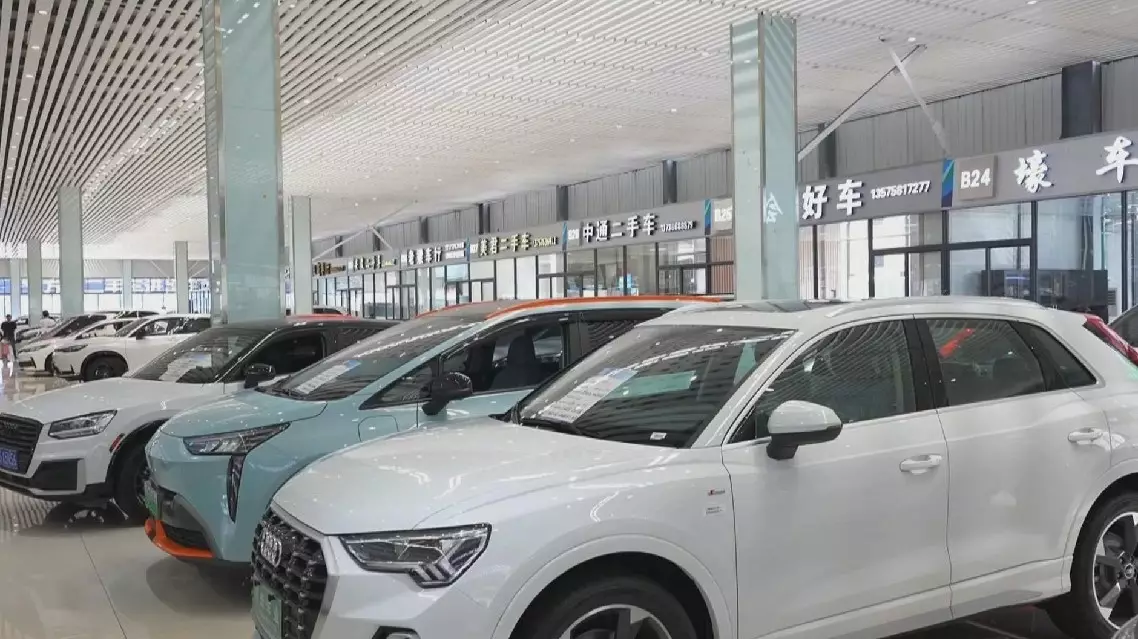
China enacts supportive policies to drive expansion of second-hand car export


